Reviews
Werner Herzog
USA, 2007
Credits
Review by Victoria Large
Posted on 09 June 2008
Source
Categories The 2008 Independent Film Festival of Boston
Encounters at the End of the World opens with the kind of soaring music and astounding imagery that you’d expect from a documentary about Antarctica, but you know that you’re safely out of boilerplate nature doc territory when director Werner Herzog’s narration breaks in, explaining that he’s surprised that the National Science Foundation agreed to assist him even after he explained that he wasn’t interested in making another film about penguins. There are penguins in the film, incidentally, but instead of Morgan Freeman infusing their lives with inspiring dignity, we get Herzog asking taciturn researcher David Ainley whether any of the penguins are gay, and if they ever go mad. Herzog’s interests in Antarctica are scientific, but more so philosophical; he’s drawn to plumbers as much as scientists, travelers and PhD dropouts as much as scuba divers. He searchs for transcendent moments, and he lets them linger, but he understands that human life is made up of more than that.
Indeed, there’s something both fascinating and mildly disappointing about discovering, along with Herzog, the more banal details of daily life in Antarctica. On a landscape of ice, under the glare of the astral summer during which night never falls, sits the United States’ McMurdo Station, an honestly ugly settlement in the midst of otherworldly splendor. It is with hysterically funny distaste that Herzog observes the existence of such “abominations” as a bowling alley and a yoga studio at McMurdo. And who knew that there are bars on the ice?
There’s no diminishing Antarctica, with its gaping lava lake and mountains that kiss the clouds, but Herzog does something extraordinary in demystifying a continent that hosts small pockets of dreamers, and that the rest of us see only in our dreams. It is the inclusion of both the ordinary and the extraordinary in Herzog’s film that makes it what it is. To focus on one at the expense of the other would make for a far less nuanced film, and a far less accurate depiction of Antarctica, or, more specifically, of its uncommon denizens.
Most every one of Herzog’s interview subjects reveals a touch of the philosopher, as one might indeed require when living at the end of the world, and there is something appealing about individuals who are as attuned to natural phenomena as the scientists are (I particularly love the image of a group of researchers pressing their heads intently against sheets of ice, listening intently for the calls of seals). Yet one can’t help but laugh at human absurdity in scenes such as those of the survival class that all individuals new to McMurdo are required to attend. Wearing white plastic buckets (each one adorned with a ridiculous hand-drawn face) on their heads to simulate blinding snow conditions, the members of the survival class grope comically in the darkness, veering well off-course while their instructor looks on with thinning patience. Laced with humor but also a strong undercurrent of menace, these scenes reflect the complex tone of the rest of the film.
The film’s dual-meaning title refers both to the continent’s geographic location and the fears of global warming that effect it so visibly, but the theme of environmental destruction is nicely underplayed, and likely more effective for its sneakiness. The film is by turns worrying and deliciously wry; we get scientists gathering around watching old science fiction - Them or maybe something else that Herzog wasn’t able to clear - amused by imaginings of the devastation that they also sort of believe is coming. Herzog meets scientist after scientist who believes the world is ending, and he imagines it himself, but in the meantime he spends time examining the perhaps soon-to-be-vanished species that he belongs to, the humans who wonder and who dare but who also cause destruction, who are given to moving through life on Earth as if everything on the planet belongs only to them. This is a film that understands both the rush of discovery and the myriad dangers of exploration. Herzog’s many encounters are therefore both exhilarating and sobering. (Among my notes from the screening I found a terse observation: “Humanity—doomed but fabulous.”)
It’s rare for a film in any genre to dig into kinds of questions that this one does, or to host such genuinely breathtaking sights, and rarer still for it to do either with such effortless, eminently watchable style. Encounters at the End of the World was IFFB’s closing night film, and I can’t think of a better way for the festival to come to end than this. After days of screening films of every stripe, it felt right to conclude here, with a testament to the many shades of humanity, and the endless possibilities of the cinema.
More The 2008 Independent Film Festival of Boston
-
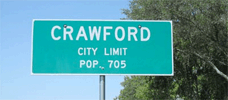
Crawford
2008 -
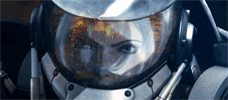
Vexille
2007 -

American Teen
2008 -
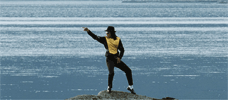
Mister Lonely
2007 -

Intimidad
2008 -
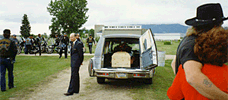
Meadowlark
2008 -

Second Skin
2008 -
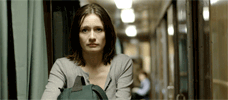
Transsiberian
2008 -
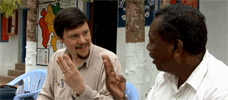
The Linguists
2008 -

Big Man Japan
2007 -

At the Death House Door
2008 -
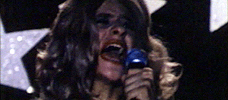
The Beaver Trilogy
2000 -
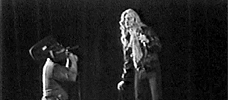
The Beaver Trilogy
2000 -
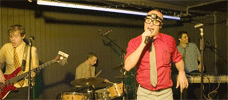
Nerdcore Rising
2008 -
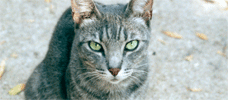
Goliath
2008 -
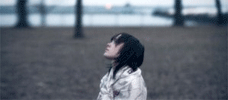
The Tracey Fragments
2007 -

Saviours
2008 -
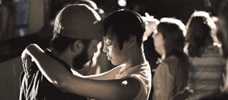
Medicine for Melancholy
2008 -
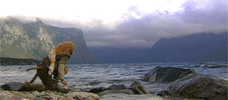
Severed Ways
2007 -
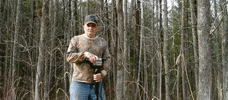
Not Your Typical Bigfoot Movie
2008 -
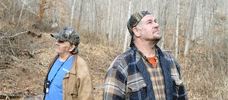
Not Your Typical Bigfoot Movie
2008 -
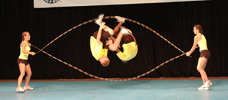
Jump!
2007 -
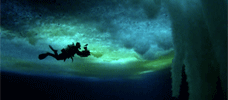
Encounters at the End of the World
2007
We don’t do comments anymore, but you may contact us here or find us on Twitter or Facebook.



